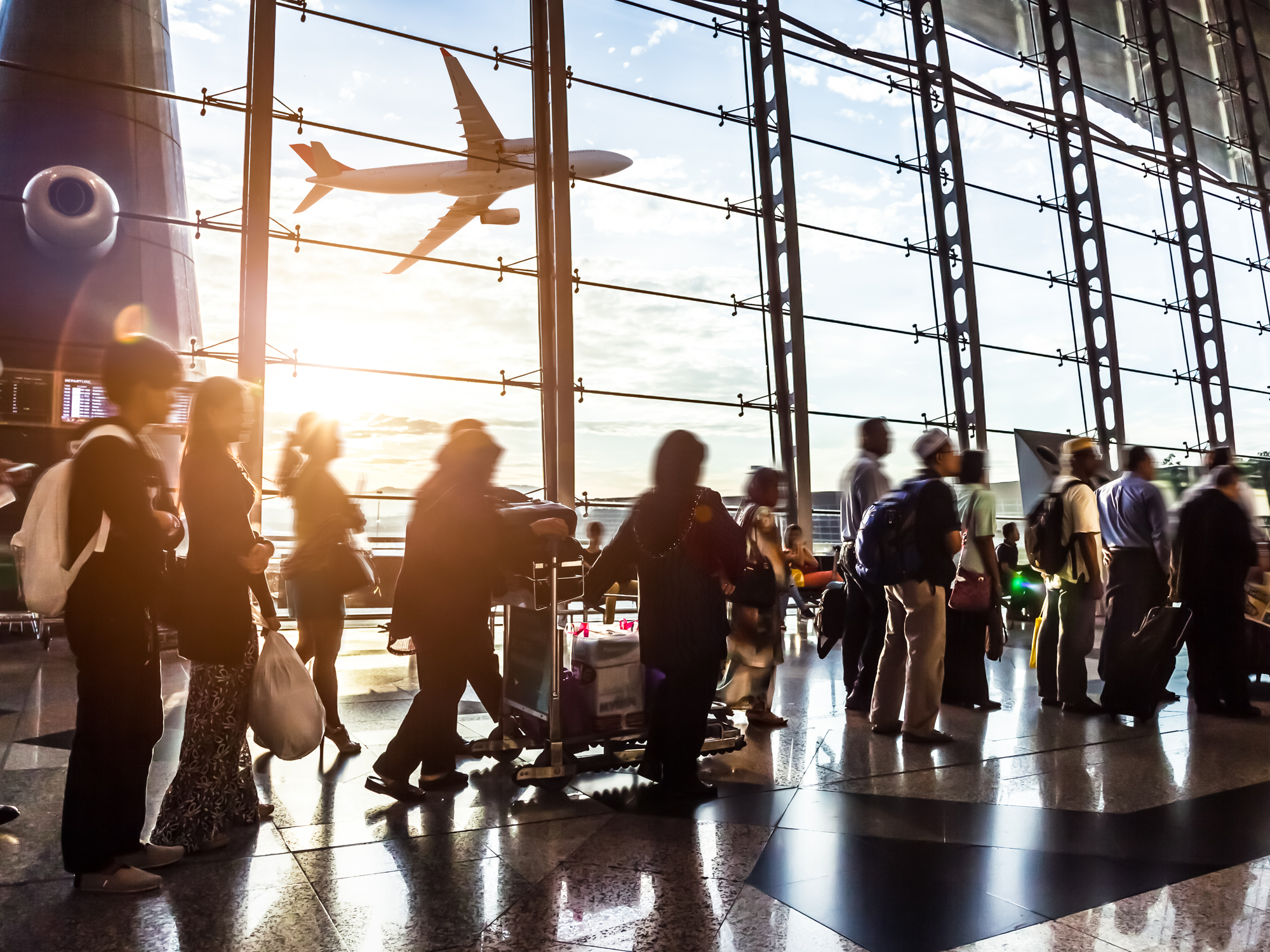New research from ForwardKeys, which has the freshest and most comprehensive flight booking data available, reveals that international flights to European destinations in July and August reached 39.9% of pre-pandemic levels. This is significantly better than last year (which was 26.6%), when the COVID-19 pandemic caused widespread lockdowns; and vaccines were not yet approved. However, the picture was very mixed, with some destinations doing considerably better than others. Also, the outlook is not improving, as bookings slowed towards the end of the summer period.
Looking at performance by country, Greece was the stand-out. It achieved 86% of July and August arrivals in 2019. It was followed by Cyprus, which achieved 64.5%, Turkey, 62.0% and Iceland, 61.8%. Greece and Iceland were amongst the first countries to make widely publicised claims that they would accept visitors who had been fully vaccinated and/or could show a negative PCR test and/or could show proof of recovering from COVID-19. The countries which fared worst were those which rely more on long haul tourism, such as France and Italy and those which imposed the most onerous and volatile travel restrictions such as the UK, which languished at the bottom of the list, achieving just 14.3% of 2019 levels.
Excluding low-cost carriers, intra-European flights made up 71.4% of arrivals, compared with 57.1% in 2019. The relative disappearance of long-haul visitors, who typically stay longer, spend more and focus their attention on cities and sightseeing, was underlined in rankings of the best and worst performing local destinations. Travel to London was particularly disappointing; it was at the bottom of the list of busiest European cities, achieving just 14.2% of 2019 arrivals. That list was headed by Palma Mallorca, also a major beach resort destination, reaching 71.5% of 2019 levels and by Athens, a gateway to numerous islands in the Adriatic, at 70.2%. The next best performing major cities were Istanbul, 56.5%, Lisbon, 43.5%, Madrid, 42.4%, Paris, 31.2%, Barcelona, 31.1%, Amsterdam, 30.7% and Rome, 24.2%.
By comparison, leisure destinations proved to be much more resilient. A ranking of all major local destinations (ie: those with a market share over 1%) was dominated by traditional seaside holiday hotspots or the gateway to them. The leaders were Heraklion and Antalya, which exceeded pre-pandemic levels by 5.8% and 0.5% respectively. They were followed by Thessaloniki, 98.3%; Ibiza, 91.8%; Larnaca, 73.7% and Palma Mallorca, 72.5%.
Aside from the macro trends, certain destinations fared relatively better or worse for more locally specific reasons. For example, Portugal, which is a favourite destination of UK holidaymakers, suffered when the UK changed its designation from green to amber in June; and Spain suffered at the end of July when Germany warned against all but essential travel.
Olivier Ponti, VP Insights, ForwardKeys commented: “When one considers how dreadful things were for tourism in Europe last year, this summer has been a very modest recovery story. Benchmarked against normal times, the continued low intensity of international air travel, less than 40% of normal, has been extremely damaging for the aviation industry. The continued absence of long-haul travellers, particularly from the Far East (it reached just 2.5% of pre-pandemic volumes this summer) will prove a severe blow to the visitor economy of several European countries.”
He concluded: “If there is an element of consolation, it is people “staycationing”, ie: taking a holiday in their own country. While domestic aviation has a minority share of the market in Europe in normal times, it has held up much better during the pandemic because it has not been subject to such challenging travel restrictions. For example, the Canaries and the Balearics welcomed more Spanish visitors than they do in a normal season.”
Tags: ForwardKeys

